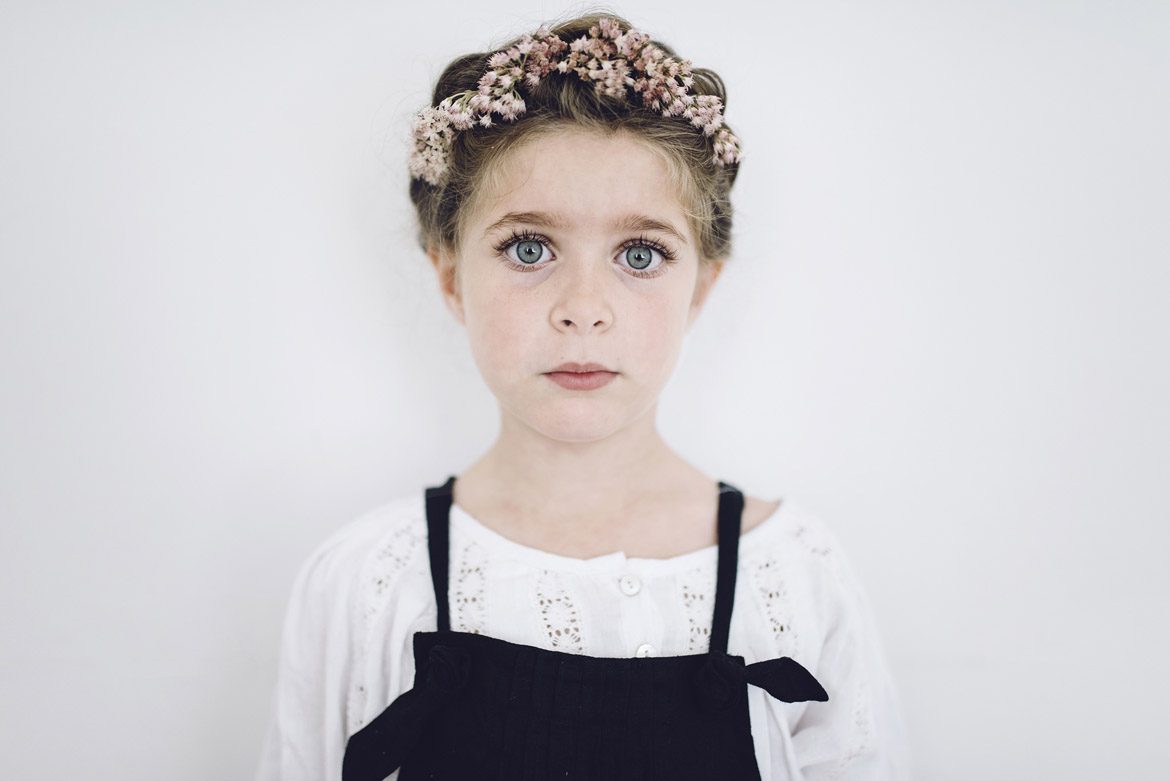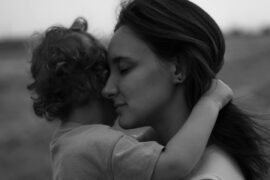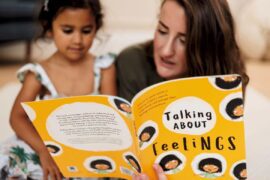By Shannon Wadd
As human beings we are hardwired to avoid pain, if something hurts you, your brain will very quickly tell you to do whatever you need to in order to get the hang away from it. We are also hardwired for intimacy, to seek out vulnerable, connected relationships with other human beings. The problem is, these two things don’t go together well. The reality is relationships are messy at times, we hurt each other and there is pain. If we go with our natural instinct to avoid pain, we end up being very disconnected and lonely.
The predominant ways people avoid discomfort is fight or flight. The fight might look slightly different depending on the situation but generally it is pretty much about getting big and scary to control the situation. Flight is all about avoidance: lying, manipulation, deflecting, running away. Whilst both are equally damaging to relationships, it is the latter that often gets overlooked and I think it is actually seen as being a socially acceptable way of behaving.
For many years my work has been about challenging the “traditional” beliefs and practices of parenting, more accurately behaviour management and punishment. Fear- and shame-based externally controlling practices that lead children to believe that they are less than, and that to be accepted and loved they must be obedient and comply. In a bid to avoid raising their children the way they were raised, in recent years, I have seen a swing to the opposite side. For many, I fear the baby has been thrown out with the bathwater. Instead of using fear, parents are fearful and all things perceived as “negative” are avoided.
Guilt is not bad, but when not addressed turns from a temporary emotion (“I did something wrong”), to shame (“I am wrong”). Dealing with guilt is the antidote to shame.
There are two words that gets thrown around a lot in this realm: shame and guilt! Actually, this is currently a hot topic in many social arenas and the general consensus is that they are to be avoided. As I stated above this is quite a natural response, these two words are often associated with some sort of hurt or pain. However, it seems it is not acceptable to challenge or hold someone accountable for fear of igniting one of these emotions. We are losing all sense of personal responsibility.
So what is shame? What is guilt? And are they actually bad?
Shame is a self-conscious feeling of worthlessness stemming from an expectation of being less than what you consider perfect, being bad or wrong. Shame is focused on self… I am a mistake. On the other hand, guilt is a feeling of regret and/or responsibility for a “wrong” action. Guilt is focused on behaviour… I made a mistake.
About a year ago I couldn’t find my tweezers. I asked my girls if they had seen them and they said no. As I began searching, I asked the girls again, “Please tell me if you have done something with them?” I didn’t want to waste my time searching for something that can’t be found, and my little one has a history of “fiddle fingers”. The little one responds, “OK yes they slipped down the drain.” As I unscrew the drain, I asked her to tell me when these things happen, so I could get them out straight away, as by now they had gone rusty. Sweetly enough she offered to buy me new ones and said she didn’t want to tell me because she was scared. The big one pipes up: “I don’t tell you things sometimes too ’cause I am scared you will be upset.”











